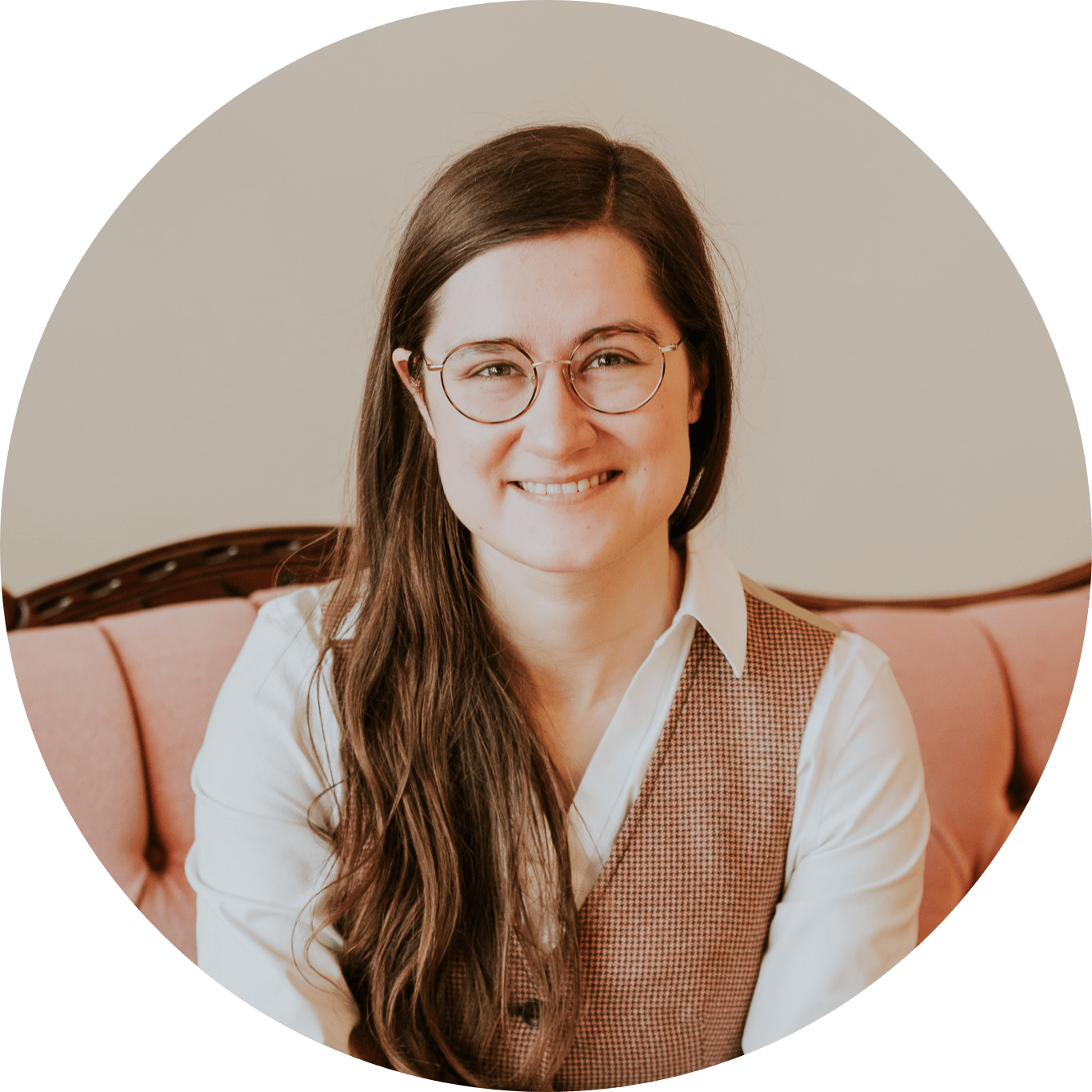
Story-Level Editing

Ensure your story carries the reader as you intend it to.
After months, maybe even years, of writing and revising your manuscript, you feel it’s ready for the next step. But it’s hard to be certain. You’ve spent so much time so close to your story, it can be difficult to tell how a new reader will experience it.
You need an articulate and knowledgeable reader to give your manuscript some fresh eyes and let you know where the experience of your story could be strengthened to better match your intentions for it. I can be that reader.
How a Story-Level Edit Can Help
The first step in fiction editing is to ensure you’re completely satisfied with your story’s big picture elements – its plot, structure, pacing, character development, and themes.
In a story-level edit, I pinpoint your story’s strengths and weaknesses and give you constructive suggestions for improvement. I’ll be sensitive and honest, giving you the feedback you need to be confident in your story’s strengths and prepared to improve it further.

Genre Specializations

I’ve dedicated my skill development and editorial practice to these specific genres so that I can give you feedback specialized to your story and target readership. Of course, genres easily (and often) blur, so don’t be concerned if your story doesn’t fit neatly into any one category.
Fantasy & Speculative Fiction
Historical Fiction

Literary Fiction
Thank you for your expert advice in the art of telling epic fantasy.
I have found Amelia Winters not only generous but on point. Her advice and ability to communicate where things need to be clarified and strengthened has been invaluable. Amelia also recommends so many resources outside of her own services that are extremely helpful and part of her generosity. Thank you for your expert advice in the art of telling epic fantasy.

Story-Level Editing Services

Different authors have different needs. To help you find the right edit for your needs and budget, I’ve created three options for story-level editing, also known as developmental editing. If none of them quite match what you’re looking for, please still get in touch. I’m happy to discuss adapting the scope of my service to better fit your needs and budget.
Developmental Edit I
Quick & Focused- Timeline: One week.
- Includes:
- A report with 7–10 pages of constructive feedback.
Developmental Edit II
Wholistic & Broad- Timeline: Two weeks.
- Includes:
- A report with 15–20 pages of constructive feedback.
- A plot point graph that allows you to visually see your narrative timing.
- One hour of my time for follow-up Q&A.
Developmental Edit III
In-Depth & Comprehensive- Timeline: At least a month.
- Includes:
- A report with 25–30 pages of constructive feedback.
- A plot point graph that allows you to visually see your narrative timing.
- In-text comments throughout the manuscript that pinpoint story-level strengths and concerns as they relate to each scene.
- One hour of my time for follow-up Q&A.
While I work with authors from across the world, my invoices are in Canadian dollars.
A Stylistic Report Discount
If you’re interested in detailed feedback on your prose craft as well as your story craft, know that you can add my Stylistic Report service to any story-level service for a C$100 discount on the total price.

Answers to Common Questions

Should I edit the story or the sentences first?
The order of your edits is very important. Editing the story will change the sentences, but editing the sentences won’t change the story. That’s why it’s imperative that you edit the story first and the sentences second. This principle is helpful in your self-editing process and critical in the professional editing process.
Story-level editing often involves making major changes to the text. You may need to add, cut, or rewrite whole scenes to address story-level concerns. Editing sentences in scenes that may need structural work is risky because you could end up altering or deleting those sentences anyway. To use your editing budget most effectively, you need to make sure that your story is completely ready to go before you start sentence-level editing.
How do the different editing levels work?
All editing exists on a spectrum. On one end is the broad, story-level editing that looks at the big-picture elements, such as plot, pacing, character development, and themes. This big-picture editing is often called developmental or structural editing.
On the other end is specific, nit-picky sentence-level editing, which looks at technical concerns such as grammar, spelling, punctuation, and usage. This level of editing is called copy editing.
Between the broadest and narrowest levels of editing, another type of editing sits in the middle called stylistic or line editing. This type of edit examines the artistry of the language rather than the technical correctness of the sentences. It looks at any issues regarding clunky phrasing, the effectiveness of figurative language, dialogue realism, and language that is appropriate for the mood and tone of the scene.
Editors often combine stylistic editing into their story-level or sentence-level editing services. In my sentence-level editing services, I’ve combined stylistic and copy editing together. I also give authors the option to combine stylistic and developmental editing together as well. You can add a stylistic report to any of my story-level editing services and receive a C$150 discount on the total price.
To learn more about how the different editing levels work, you can check out my blog post The Four Levels of Fiction Editing.
When should I get a story-level edit?
The story is the reason why most readers read books. Ensuring your story is strong is a vital part of any writer’s journey. But does that mean all writers need professional story-level editing?
If you’re planning to traditionally publish, a story-level edit can be an excellent tool to help you prepare your manuscript for submission to agents and publishers. Traditional presses often don’t do story-level editing anymore. They get so many submissions that they can just pick the stories that are already in great shape.
What agents and publishers are looking for in a manuscript is a unique and deeply engaging story. A story-level edit can help you sharpen your story and put your best foot forward for submissions to agents and publishers.
If you’re planning to self-publish, you’re probably working with a set budget for the whole publishing process. Ideally, you’d be able to get both a story-level edit and a sentence-level edit, but that isn’t always possible. You’ll need to identify your editing budget and what level of editing would meet your manuscript’s most pressing needs.
When should I get a sentence-level edit?
Technical sentence-level editing is best suited as a final polish right before you have your manuscript formatted into the internal pages of the book. Traditional publishers will handle a technical copy edit themselves, and they aren’t looking for perfect grammar and punctuation in their submissions. They’re looking for a unique and deeply compelling story.
So, if you’re looking for an edit to help prepare your book for submission to agents and publishers, a copy edit may not be the best choice. A story-level edit is usually the best choice, though a stylistic edit can also be very helpful as well.
Of course, when you’re self-publishing, it’s a different story. If your goal is to publish your book to professional standards, a stylistic and copy edit is very important. Typos, a lack of clarity, and clunky phrasing will trip your reader up, take them out of your story, and damage their trust.
That being said, you need to make your editing choices based on your manuscript’s specific needs and your budget. If you know you have excellent sentence craft and punctuation skills but are concerned about narrative issues, a story-level edit may be a better choice to prepare your manuscript for self-publishing. It’s all about choosing what service will best meet your specific needs and budget.
Amelia is a well-trained, thorough, and meticulous editor.
Highly flexible, approachable, and professional, she tailored her manuscript critique service to my specific needs, not only addressing each of the concerns I raised and pointing out the ones that I wasn’t aware existed, but also suggesting the tools and methods for improvement. You can expect a pleasant and satisfying experience working with her as your editor.

Who am I to edit your book?
I’ve spent years studying the theory and honing my skills. My training and expertise allow me to provide articulate guidance that’s not based on personal taste but on sound theory and professional standards.
My approach is not to dictate but to teach. I’m here to partner with you and give you the tools you need to strengthen your story and sentences while still holding true to your vision and unique voice.
I’m a writer too. I understand the emotional roller coaster that writing a book can take you on, and I’m here to encourage and support you on that journey.
Request a Story-Level Edit
I am so looking forward to reading your manuscript and seeing how I can serve you on your writing journey.
